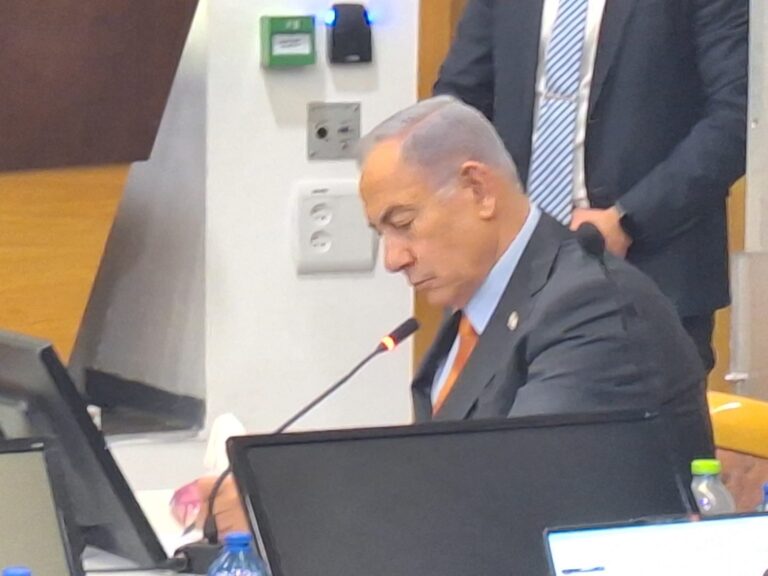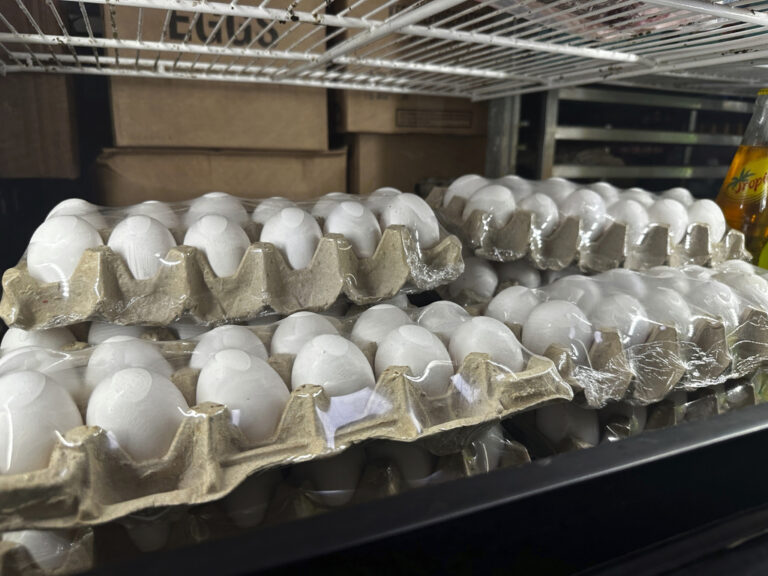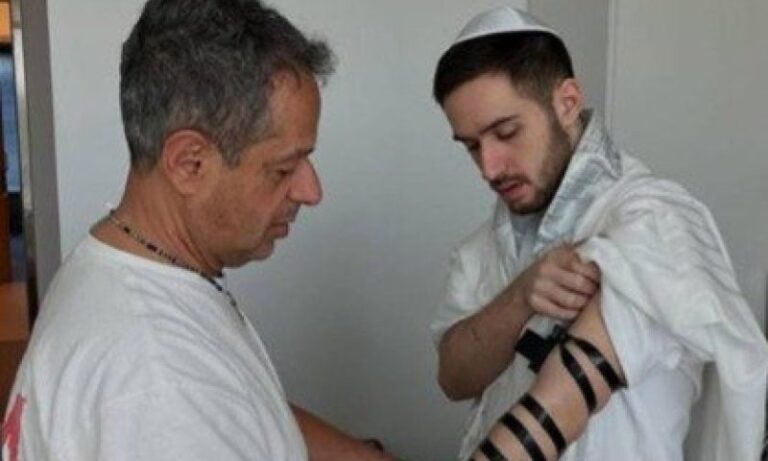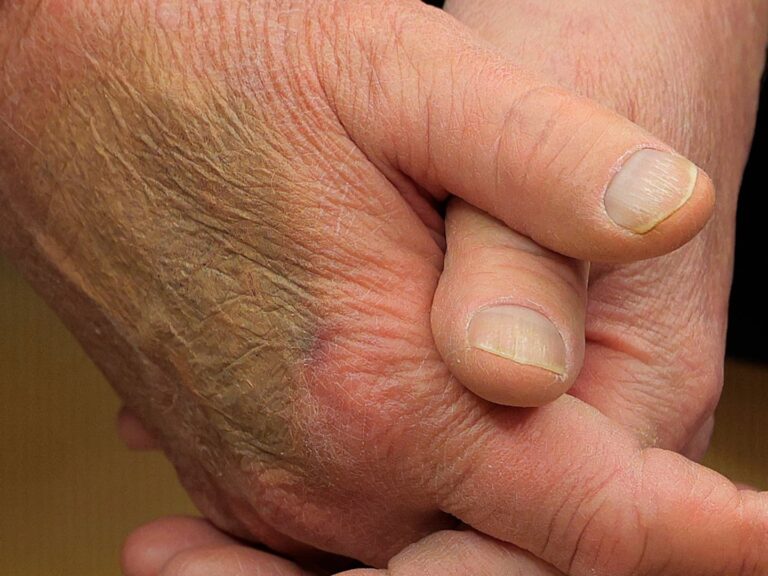 Flyers reacted with shrugs but largely agreed with a new policy announced by the Transportation Security Administration that airline passengers will be able to carry small knives and previously forbidden sports equipment on planes.
Flyers reacted with shrugs but largely agreed with a new policy announced by the Transportation Security Administration that airline passengers will be able to carry small knives and previously forbidden sports equipment on planes.
“It’s common sense,” said Pat O’Brien, who stood at Los Angeles International Airport after arriving from Durango, Colo. “You can make anything into a knife so I don’t have a problem with it at all. You can sharpen a credit card to make a sharp implement.”
Aviation security consultant John L. Sullivan agreed with O’Brien, saying a pen or toothbrush can be sharpened like the “shivs” inmates sometimes make in prison.
“There are a lot of things you can use on an airplane if you are intent on hurting someone,” said Sullivan, co-founder of the Welsh-Sullivan Group in Dallas. “Security is never 100 percent.”
The changes announced by the TSA Tuesday take effect April 25. Box cutters, razor blades and knives that don’t fold or that have molded grip handles will still be prohibited.
The new policy also allows for souvenir baseball bats, golf clubs and other sports equipment to be carried on instead of checked, a move that brought a thumbs up from Dean Rhymer, who plays club hockey for the Junior Los Angeles Kings and strode into the terminal at LAX carrying his hockey stick.
“I think it’ll be helpful,” Rhymer said. “It’s easier to carry it on to bring it places.”
Sullivan, speaking as a passenger not a consultant, worried more about the sporting goods than the small knives, saying the “last thing I need is someone getting on a plane taking up valuable space with their pool cues and hockey sticks.”
The new policy conforms U.S. security standards to international standards, and allows TSA to concentrate its energies on more serious safety threats, the agency said in a statement.
The announcement, made by TSA Administrator John Pistole at an airline industry gathering in New York, drew an immediate outcry from unions representing flight attendants and other airline workers, who said the items are still dangerous in the hands of the wrong passengers.
Transport Workers Union Local 556, which represents over 10,000 flight attendants at Southwest Airlines, called the new policy “dangerous” and “shortsighted,” saying it was designed to make “the lives of TSA staff easier, but not make flights safer.”
“While we agree that a passenger wielding a small knife or swinging a golf club or hockey stick poses less of a threat to the pilot locked in the cockpit, these are real threats to passengers and flight attendants in the passenger cabin,” the union said in a statement.
The new policy permits folding knives with blades that are 2.36 inches or less in length and are less than 1/2-inch wide. The policy is aimed at allowing passengers to carry pen knives, corkscrews with small blades and other knives.
Passengers will also be allowed to bring onboard as part of their carry-on luggage novelty-sized baseball bats less than 24 inches long, toy plastic bats, billiard cues, ski poles, hockey sticks, lacrosse sticks and two golf clubs, the agency said. The policy goes into effect on April 25.
Security standards adopted by the International Civil Aviation Organization, a U.N. agency, already call for passengers to be able to carry those items. Those standards are non-binding, but many countries follow them.
There has been a gradual easing of some of the security measures applied to airline passengers after the Sept. 11, 2001, terrorist attacks.
In 2005, the TSA changed its policies to allow passengers to carry on airplanes small scissors, knitting needles, tweezers, nail clippers and up to four books of matches. The move came as the agency turned its focus toward keeping explosives off planes, because intelligence officials believed that was the greatest threat to commercial aviation.
And in September 2011, the TSA no longer required children 12 years old and under to remove their shoes at airport checkpoints. The agency recently issued new guidelines for travelers 75 years old and older so they can avoid removing shoes and light jackets when they go through airport security checkpoints.
(AP)











One Response
How about allowing liquids? That would make more sense and less inconveniences.